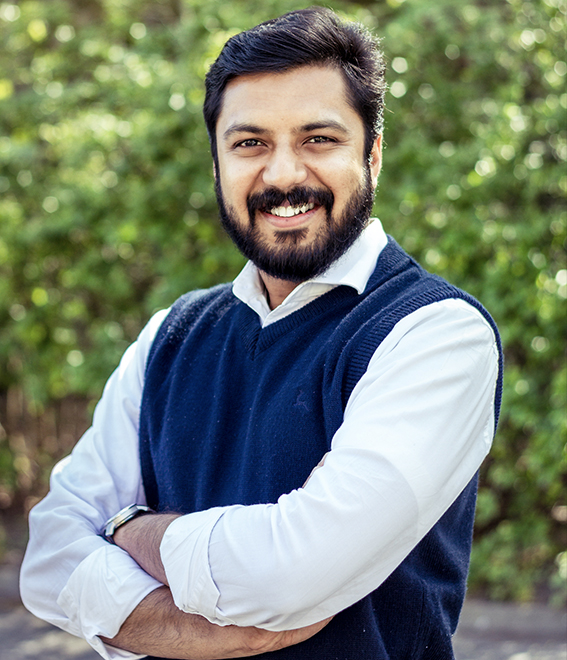In the best of worlds there is no waste, everything comes to use. A company that helps to realize that vision is Mycorena AB. They can use paper mills’ residual water to produce bio-based edible protein
Mycorena uses residual streams from the pulp and paper industry to produce fungi-based protein perfect for fish and animal feed. The products are so promising that the company now takes the step from lab to industry and moves in at the test environment LignoCity’s premises in Bäckhammar, just outside Kristinehamn in Sweden. There they will run a pilot project to verify the process in large scale and increase the production capacity.
Residues become resources
“The fungus consumes the residual particles in the water to grow into a protein rich material that can be processed to become feed. At the same time, the water gets cleaned and can be reused in the mill’s paper production process. It can hardly get any more circular than that,” says Ramkumar Nair, Mycorena’s CEO and founder.
Edible for animals and humans
The protein-rich product has several food and feed uses. Current focus is on fish feed. Mycorena’s protein is as qualitative and as nutrient-rich as traditional fishmeal or vegetable-based fish feed – but is more price-stable and has a lower environmental impact.
The feed is currently being tested by research institutes, fish farmers and shellfish breeders. Mycorena is also in contact with fish farms in Norway, which is a large and nearby market. A significant global food producer has also shown interest, as the protein is suitable for humans too.
“It tastes good”, says Ramkumar Nair, who of course has tried it.
From research to business
LignoCity is one of more than 50 test facilities that are available for bioeconomic development in Inner Scandinavia, which is The Bioeconomy Region’s geographical focus area. Mycorena got in touch with LignoCity through the bioeconomy cluster Paper Province, and the test environment quickly became a door opener to the industry.
The biological process that is Mycorena’s foundation began as a research project in the late 90s by Professor Lars Edebo at Gothenburg University. Today’s team are the second generation, now taking the project forward, growing into a company with six employees based in Gothenburg.
“Our process and products have shown amazing results in the lab, and we would now like to focus more on the industrial scale verification. So, we are investing heavily in Bäckhammar with bigger ambitions to grow bigger in the region. We will start small on a pilot scale and will step up gradually reaching an annual production capacity of feed-protein to nearly 20 tons by 2020,” says Ramkumar Nair.
Read more about Mycorena and the innovation at mycorena.com

Ramkumar Nair, Mycorena’s founder.